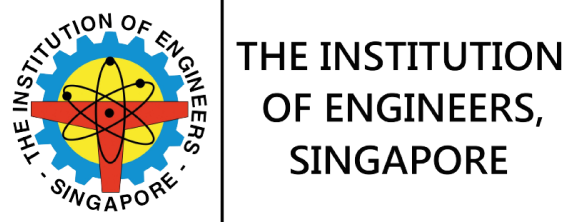(New!) Road Traffic Design (CEng Railway & Transportation Sub-sector)
Road Traffic Design (Sub-sector)
Launched in May 2025, the Chartered Engineer (SG) in Road Traffic Design, developed by the IES Chartered Engineering Board (CEB) & Land Transport Authority(LTA), offers a formal training and certification system in the Road Traffic Design sub-sector. It aims to provide professional recognition to qualified engineers in Road Traffic Design sector.
Click here to find out more information.
(NEW!) Chartered Engineer (SG) in Sustainability sector certification programme
(CEng (Sustainability))
CEng (Sustainability) Certification Programme
Launched in March 2024, the Chartered Engineer (SG) in Sustainability Sector Certification Programme (CEng (Sustainability)), developed by the IES Chartered Engineering Board (CEB), offers a formal training and certification system in the Sustainability sector. It aims to provide professional recognition to qualified engineers in Sustainability sector.
Click here to find out more information.

Our Partners
The Chartered Engineering Advisory Panel is led by IES and constitute 25 industry partners from





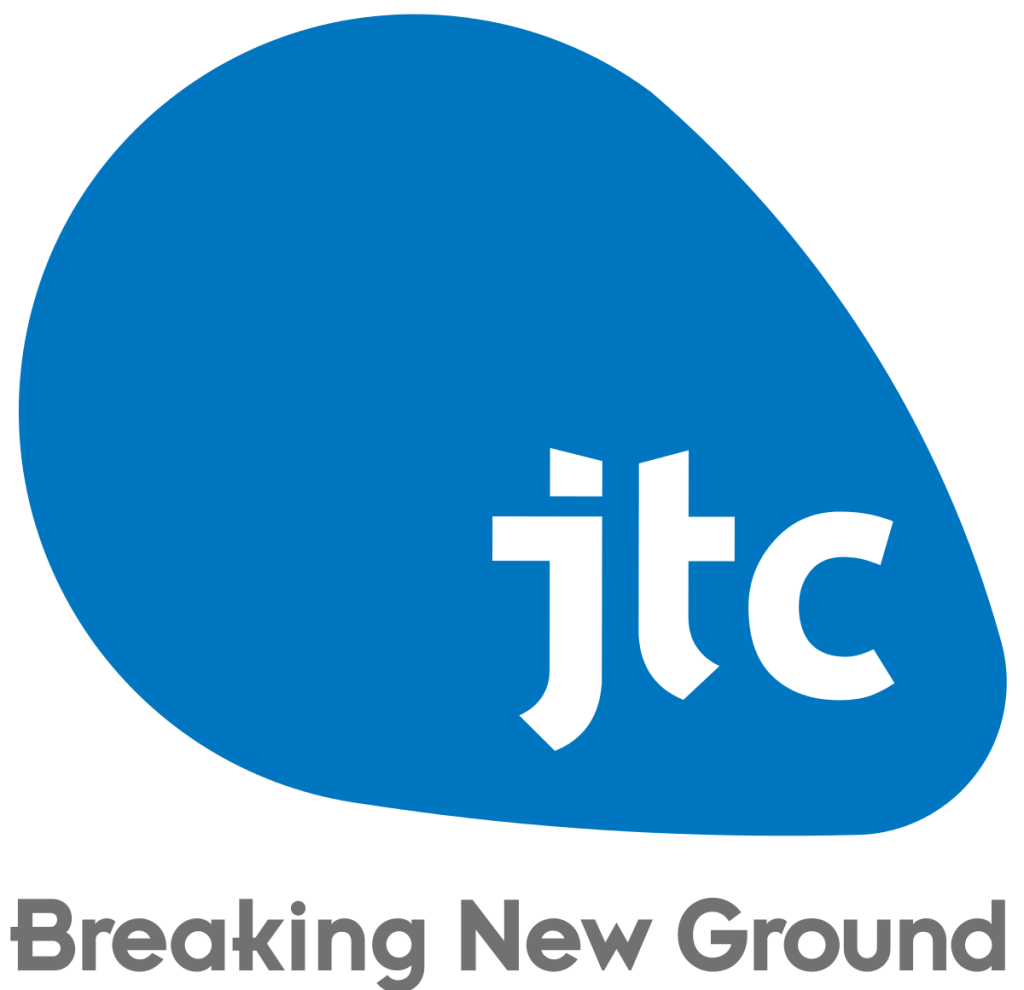
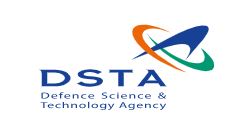
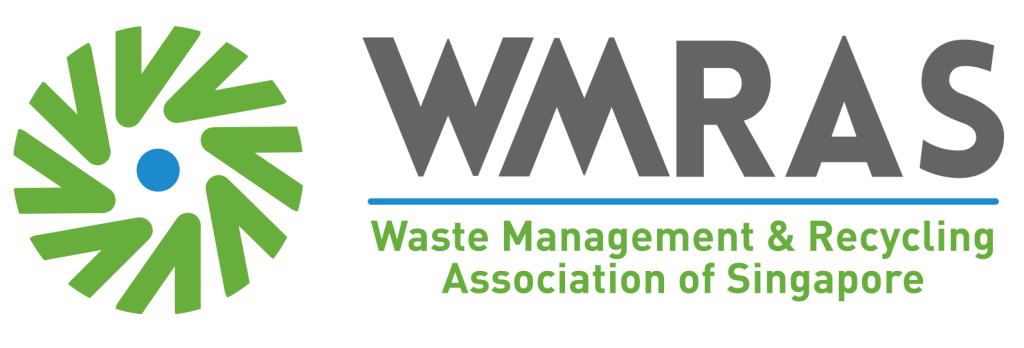



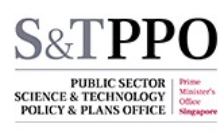













About IES Chartership
The Chartered Engineering Registry aims to provide professional recognition to qualified Engineers, Technologists and Technicians across all sectors. Being registered as a Chartered Engineering Professional will be an external validation of your experience, expertise and practising competence; and is a quality mark to differentiate your professional standing in the various sectors of engineering.

CETn (SG) & CETg (SG)
The Chartered Engineering Technician and Technologist accreditation aims to provide professional recognition for engineering technologists and technicians to enhance their career progression opportunities and aspire to become a Chartered Engineer; progressing through the academic and/or the non-academic pathway.
CEng (SG) & Snr CEng (SG)
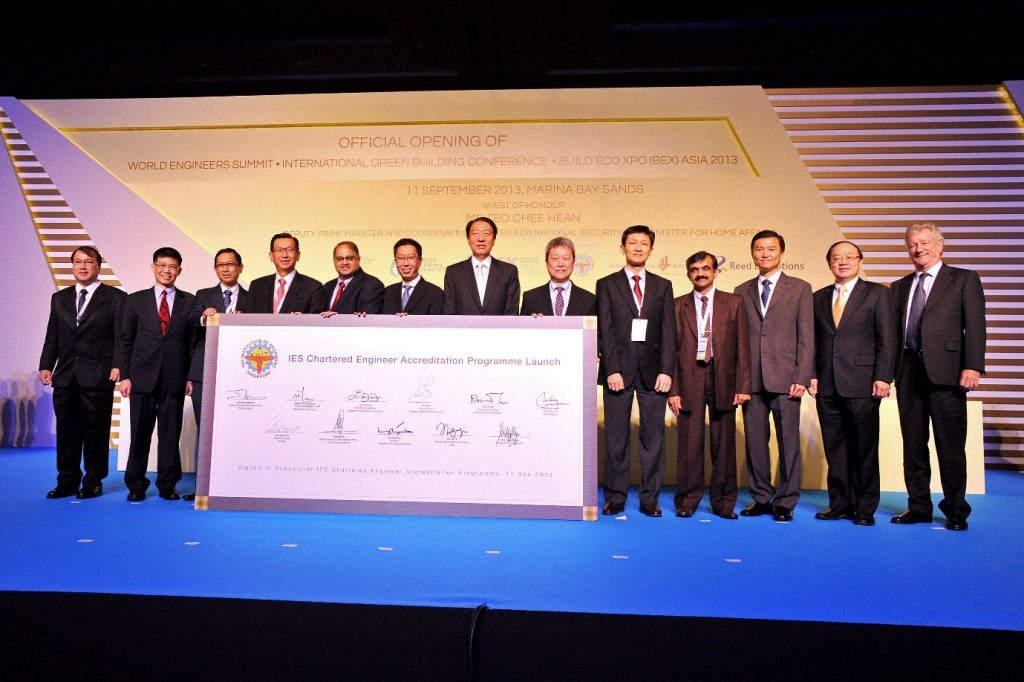
The Chartered Engineer and Senior Chartered Engineer accreditation aims to provide professional recognition to qualified engineers across all sectors. Particularly, for IES members who are engineers in sectors of engineering that do not require them to be registered as Professional Engineers.
Sectors of Engineering
Acquiring Chartered status demonstrates to peers and colleagues that you take pride in your profession and make a commitment to be among the best in your field.
Our Members
Chartered Engineer (CEng), Competent persons with Min 8 years of relevant work experience as Engineer and Skills-Based Certificate for Engineer (WIP)
Go to ListChartered Eng Technologist (CETg), Competent persons with 6 years of relevant work experience as Technologist and Skills-Based Certificate for Technologist
Go to ListChartered Eng Technician (CETn), Competent Person with Min 5 years of relevant work experience as Technician and Skills-Based Certificate for Technician
Go to ListBecoming
The Institution of Engineers Singapore (IES)‟s Chartered Engineer, Technologist and Technician of Singapore registration for a competent person
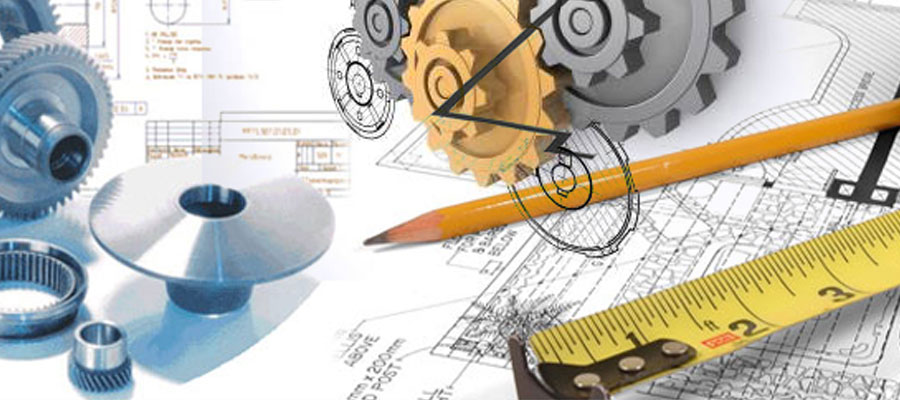
Chartered Engineer
The Institution of Engineers Singapore (IES)‟s Chartered Engineer of Singapore registration is formal peer recognition as a competent person who is expected to demonstrate that he/she is able to practice competently in his/her practice area and wishing to be recognised as meeting the generic international standard.

Chartered Technologist/ Technician
The Institution of Engineers Singapore (IES)‟s Chartered Technologist/Technician of Singapore registration is formal peer recognition as a competent person who is has min 3 years relevant work experience as Technologist/Technician and Skills-Based Certificate for Technologist/Technician.

Assessment Centre
An assessment centre can be an organisation or institution of higher learning capable of and qualified in offering assessment programme to assess a certain set of Technical Skills & Competencies (TSCs) under a specific track in an industry sector.

Independent Assessor
Under the guidance of CEB, Sector Chairs will form an assessment panel that comprises of an independent assessor, to review and assess applications for registration as Chartered Engineering Technician and Technologist.
Frequently Asked Questions
1) What are the universities recognised under the programme?
Engineering undergraduate degree programs from our local universities are already accredited by the EAB (Engineering Accreditation Board) meet the graduate attributes profiles for Washington Accord Graduate and will be acceptable academic qualifications. Other degree programs which are assessed to be substantially equivalent to the Washington Accord level will also be recognized – the list of qualifications which are recognised under the Washington Accord level can be found from the website at:
http://www.ieagreements.org/Washington-Accord/Accredited.cfm
Degree programs not in the above lists will be assessed on a case-by-case basis.
2) Will Chartered Engineers be required to renew their accreditation? If so, what’s the rationale for this?
Chartered Engineers will need to maintain a Continuing Professional Development (CPD) programme which aims to reinforce the need for lifelong learning and to provide a framework through which could systematically maintain and enhance competency to do a job in their area of expertise. Hence, in order to keep the CEng registration, Chartered Engineers will need to renew their registration annually together with a record of their CPD.
3) Will there be a registry for employers/clients to check if an engineer is a Chartered Engineer?
A registry of Chartered Engineers, Chartered Technologist and Chartered Technician will be posted on the CEB web site.
4) Why should employers encourage their engineers to be a Chartered Engineer or priorities Chartered Engineers in the hiring process?
Chartered Engineer status not only demonstrates a commitment to an engineer’s respective profession, but it also shows a breadth and depth of experience that has been bench marked to an internationally recognised gold standard.
5) Is Chartered Engineer a stepping stone to become a Professional Engineer (PE)? Or is it a separate career advancement route from PE?
In this initial period of implementation, we are targeting the CEng programme at those branches of engineering which are not available for registration as Professional Engineer. The Chartered Engineer peer review system will bring many of the engineers from these engineering disciplines and industries to an equivalent level, thus raising the bar and enhancing the status and profile of the profession.
6) Will Chartered Engineers fetch higher salaries than non-Chartered Engineers?
In countries where Chartered Engineer status has been established for many years, like in the UK, Chartered Engineers are typically able to command on average 20% to 40% higher salaries. (Source: IChemE Salary Survey 2012). A similar trend is expected to develop here as there is a high demand for qualified and experienced engineers here in Singapore and regionally.
7) How will the companies that signed the MoU support this programme? Will they support training for their existing engineering staff to become Chartered Engineers? Will they be adding Chartered Engineer status as a requirement during recruitment?
Many of the companies signing up to support the program have existing graduate and management training schemes in place for their young engineers. These can be adapted to be in line with a Chartered Engineer’s Professional Competence Plan that allows both the employees and employers to map out and measure progress on the path that will lead them to senior engineer positions and beyond. The process of becoming Chartered Engineer provides a flexible and structured pathway for graduates that can be included in the graduate training program.
In time, we foresee that employers will preferentially select Chartered Engineers for interviews during the screening process ahead of non-chartered applicants. This is similar to the finance sector. Once a candidate has attained a CFA or CPA, they are much more sought after, because they have already been peer reviewed and bench marked on a globally accepted level.
1) What are the objectives of the National Engineering Career Progression Pathway for Technologist and Technician?
- To allow practising technicians and technologists who attain competency either through the traditional academic channel and/or skill-based training, such as on-the-job training, to gain recognition as Chartered Technicians or Chartered Technologists through a rigorous system of accreditation, assessment, certification and registration.
- To align with Singapore’s Industry Transformation Maps for various industry sectors supported by engineering professionals.
- To support the national Skills Framework in promoting skills- and mastery- based recognition amongst employers and fostering a culture of lifelong learning.
2) Who is a Chartered Technologist (CETg) or Chartered Technician (CETn)?
- A Chartered Technologist or Chartered Technician is one who has acquired the recognised academic qualification OR has relevant working experience; met the level of technical skills and competencies in accordance with the Chartered Engineering Technologist or Technician accreditation framework; and is registered as such with IES.
3) How can one become a Chartered Technologist (CETg) or Chartered Technician (CETn)?
- A technologist or technician first needs to fulfil standards in the competency certification framework developed by The Institution of Engineers, Singapore (IES), in collaboration with other stakeholders for Chartered Technologist and Chartered Technician.
- An eligible candidate can choose to attend courses provided by Assessment Centres relevant to his or her industry sector.
- The candidate will then be required to pass assessment programme(s) conducted by the Assessment Centres which are accredited by the Chartered Engineering Board (CEB).
4) Why should one register as a Chartered Technologist (CETg) or Chartered Technician (CETn)?
- A registered Chartered Technologist or Chartered Technician will be professionally recognised by industry stakeholders such as the government, industry and academia in Singapore for his or her competencies. In the future, this recognition could be extended to other countries.
- A Chartered Technologist or Chartered Technician will gain greater opportunities for career advancement; and for achieving greater competency, marketability and job mobility through continuous upskilling.
5) Who should apply to become a Chartered Technologist (CETg) or Chartered Technician (CETn)? Is it only for technologists and technicians in certain engineering fields?
- The scheme aims to register practising engineering technologists and technicians who fulfil the necessary requirements (please refer to Career Progression Pathway & Requirements) in various industry sectors in Singapore.
6) Who will govern and oversee the Technologist and Technician Chartership?
- The Chartered Engineering Board (CEB) set up by IES will govern and oversee the Chartership Scheme.
7) What are the requirements for the renewal of Chartered Technologist (CETg) and Chartered Technician (CETn)?
- Chartered Technologist and Chartered Technician will need to participate in Continuing Professional Development (CPD) programmes which aims to reinforce the need for lifelong learning and to provide a framework though which could systematically maintain and enhance competency to do a job in their area of expertise.
- CPD points required for the renewal of Chartered Technologist: 20 (annually)
- CPD points required for the renewal of Chartered Technician: 20 (annually)
8) What are the benefits of this Chartership scheme to the employers?
- Support Skills Framework and raise the technical skills and competency level of the workforce across the industry with a national level professional recognition.
- Provide career progression pathway through both academic and non-academic (skilled based) pathways accredited independently.
- Robust continuing professional development (CPD) framework in renewal of chartership ensures lifelong learning to stay relevant to the industry throughout the career.
9) How can one become a Chartered Technologist (CETg) or Chartered Technician (CETn)?
- A technologist or technician first needs to fulfil standards in the competency certification framework developed by The Institution of Engineers, Singapore (IES), in collaboration with other stakeholders for Chartered Technologist and Chartered Technician.
- An eligible candidate can choose to attend courses provided by Assessment Centres relevant to his or her industry sector.
- The candidate will then be required to pass assessment programme(s) conducted by the Assessment Centres which are accredited by the Chartered Engineering Board (CEB).
1.What is One Fee Structure?
- Under the One Fee Structure, a new applicant pay a fee that will comprises both Chartership fees and IES membership fees. Similar in their annual renewal, they will pay just one fee that will renew both their CEng Certification and IES membership.
2. What is the advantage of One Fee Structure?
- Applicant can save the trouble and time to pay separately for IES membership and Chartership fee. In addition, the overall one fee chargeable is also cheaper than paying individually.
3.How much do I pay for Renewal under this One Fee Structure?
As indicated in table 1 under Renewal (below).
4. If I’m a Life member & or waived from paying IES membership Fee, how much do I need to pay?
As indicated in Table 1 under Life Member Renewal (below)
5. What is this Admin Fee* indicated?
This is a One-time fee collected for new application. This is part of the New Application fee chargeable.
6. How do one qualify for Senior Chartered Engineer?
In order to qualify for Senior CEng, applicant must meet the following criteria:
- Possessed at least 15 years of relevant experience in the sector he/she is applying.
- Minimally a Senior IES member or above
Table 1
|
Chartership Category |
Tier |
Membership Type |
Admin Fee* |
New Application Fee |
Renewal Fee |
Life Member Renewal Fee |
|
Snr CEng |
1 |
Fellow/SMIES |
$150.00 |
$570.00 |
$300.00 |
$100.00 |
|
CEng |
2 |
SMIES/MIES |
$100.00 |
$400.00 |
$200.00 |
$100.00 |
|
CETg |
3 |
AMIES |
$50.00 |
$230.00 |
$100.00 |
$60.00 |
|
CETn |
4 |
AMIES |
$30.00 |
$180.00 |
$60.00 |
$60.00 |
- Why is Mapping of Chartered Sector done?
The main objective is to ensure that our Chartered sectors in our Chartered Scheme that are aligned to SSG Framework. This facilitates a progressive pathway from Chartered Engineering Technician to Chartered Engineering Technologist and finally to become a Chartered Engineer one day.
2. I’m currently a CEng under Port and Marine Sector and this sector is removed. What should I do now?
CEng currently in Port & Marine will be re-assigned to other sectors like Infrastructure, Land & Transport etc that will best suit your expertise. If you are the affected ones, the secretariat will get in touch with you at a later date to provide you with more information.
3. We notice the Digital Sector is missing now. What is the plan for this Sector?
The Digital Sector is still part of the long-term plan after the Mapping of the Chartered Sectors. We will find the appropriate time to re-launch this sector. More details will be shared at later stage.
4. I believed Sustainability Sector is new as we heard this from the Annual Dinner Speech from IES President. Is this officially launch?
This is a new Sector to be included. New Sector Chair will be appointed and work will be carried out till officially launch. More details will be shared at later stage.
- A technologist or technician first needs to fulfil standards in the competency certification framework developed by The Institution of Engineers, Singapore (IES), in collaboration with other stakeholders for Chartered Technologist and Chartered Technician.
- An eligible candidate can choose to attend courses provided by Assessment Centres relevant to his or her industry sector.
- The candidate will then be required to pass assessment programme(s) conducted by the Assessment Centres which are accredited by the Chartered Engineering Board (CEB).
Contact Us
The Institution of Engineers Singapore
70 Bukit Tinggi Road, Singapore 289758
Email : enquiry@charteredengineers.sg
Contact Person
Ms Sherly Chong sherly.chong@iesnet.org.sg
(+65) 6461 1224
Explore the state-of-the-art solutions from the Ukrainian brand KMA in industrial equipment. In this article, our partner will present the range and key advantages of the company’s innovative technologies for your business.
